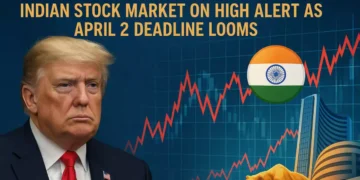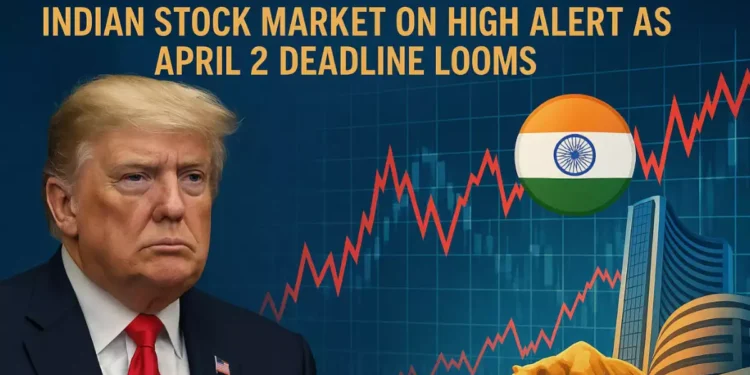As former U.S. President Donald Trump eyes a potential return to the White House, India is bracing for the possible reimposition of tariffs on its exports. During his first tenure, Trump adopted a protectionist trade policy, often targeting India for what he called “unfair trade practices.” If he follows a similar path, multiple sectors in India could suffer significant setbacks. Here are five key industries that could be hit the hardest:
India’s booming IT sector has long been a major supplier of software services to U.S. companies. Any restrictive policies, such as increased visa regulations on skilled workers or tariffs on IT services, could hamper India’s top IT giants, including TCS, Infosys, and Wipro. The tightening of H-1B visa rules under Trump’s previous administration had already strained the industry, and similar moves could once again impact India’s outsourcing model.
India is one of the largest exporters of generic drugs to the U.S., supplying affordable medications to millions of Americans. A potential increase in tariffs or stricter U.S. FDA regulations could disrupt supply chains and raise costs for Indian pharmaceutical firms like Sun Pharma, Dr. Reddy’s, and Cipla. This could also have a ripple effect on healthcare costs in the U.S.

The Indian textile industry, which exports billions of dollars’ worth of goods to the U.S., could face higher import duties under a renewed Trump administration.
This would make Indian garments less competitive compared to those from Vietnam or Bangladesh, both of which have free trade agreements with the U.S. Smaller and mid-sized textile manufacturers could bear the brunt of these tariffs.
India exports auto components and vehicles, particularly to U.S. automakers. If Trump reinstates tariffs on these imports, Indian auto manufacturers such as Tata Motors and Mahindra & Mahindra could struggle with declining demand and higher costs. The move would also hurt U.S. automakers that rely on cost-effective Indian parts to maintain competitive pricing.
The Trump administration previously imposed tariffs on Indian steel and aluminum under Section 232 of the Trade Expansion Act. A similar move in a second term could once again make Indian metal exports less attractive to American buyers. The Indian steel industry, led by firms like Tata Steel and JSW Steel, could see shrinking U.S. market share and lower profitability.
While India has sought stronger trade ties with the U.S. under President Joe Biden, a shift back to Trump’s aggressive trade policies could disrupt these efforts. India may have to renegotiate trade deals or seek alternative markets to counter potential losses. Policymakers and business leaders will be closely watching the U.S. elections, preparing contingency plans in case protectionist measures make a comeback.
As global trade tensions continue, India must remain agile, diversifying its export markets and strengthening domestic demand to mitigate any potential economic fallout from Trump’s return to power.
Also Read : Amit Shah: Waqf Board Membership Restricted to Muslims, No Non-Muslims Allowed 2025















 Categories
Categories









